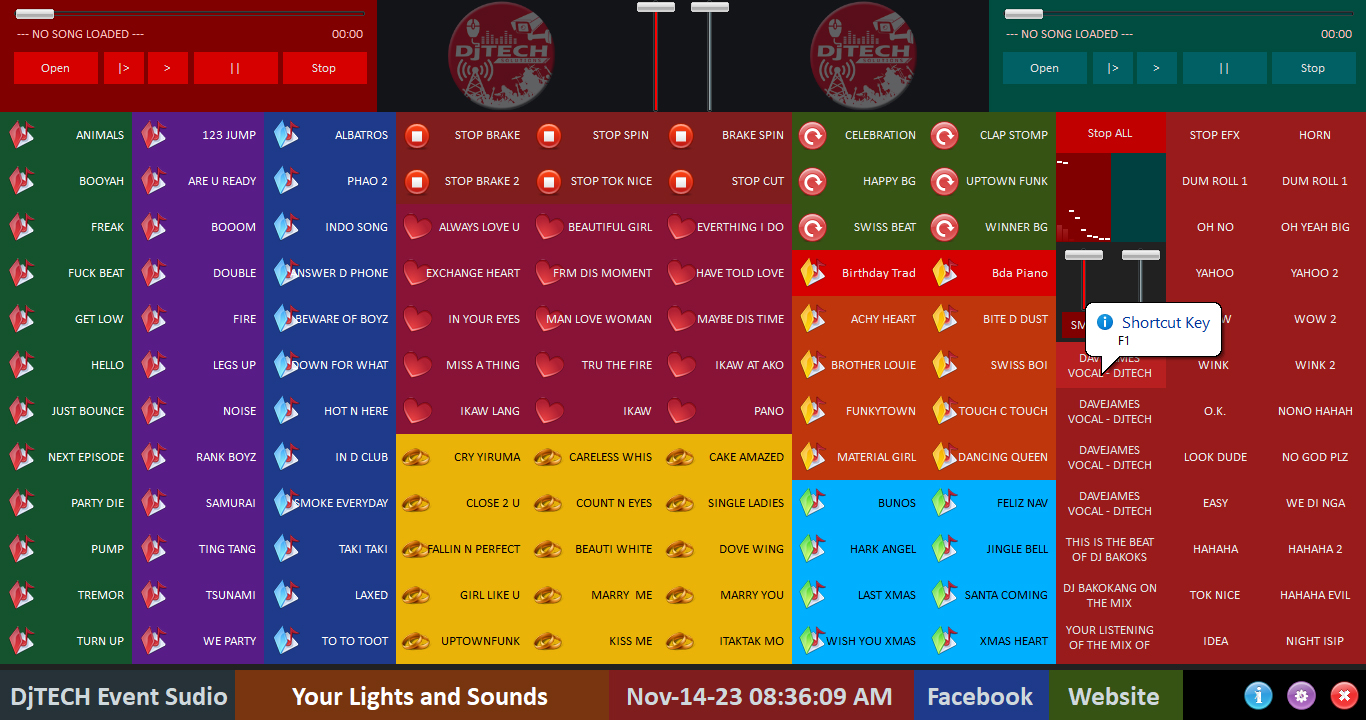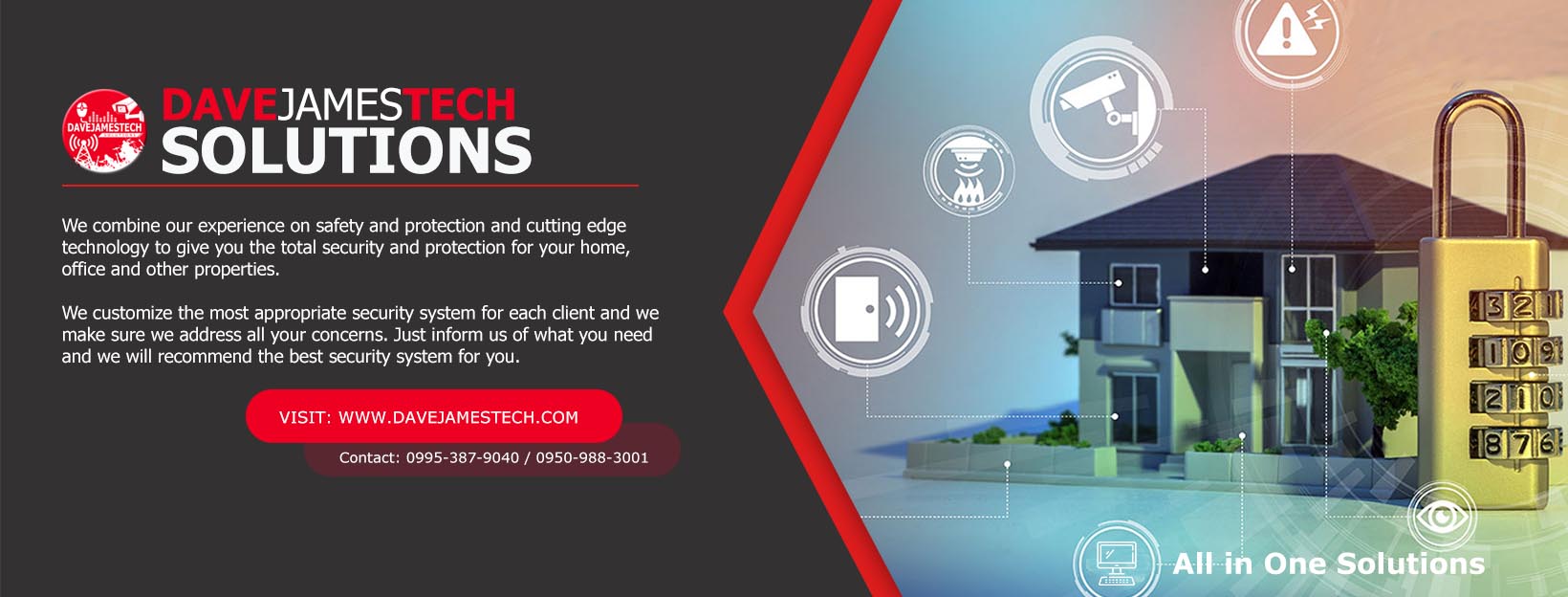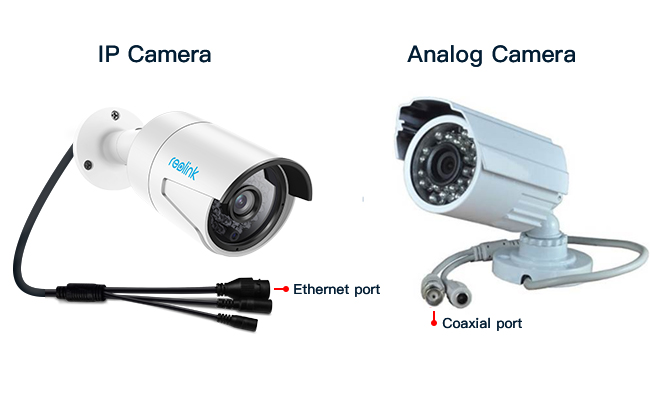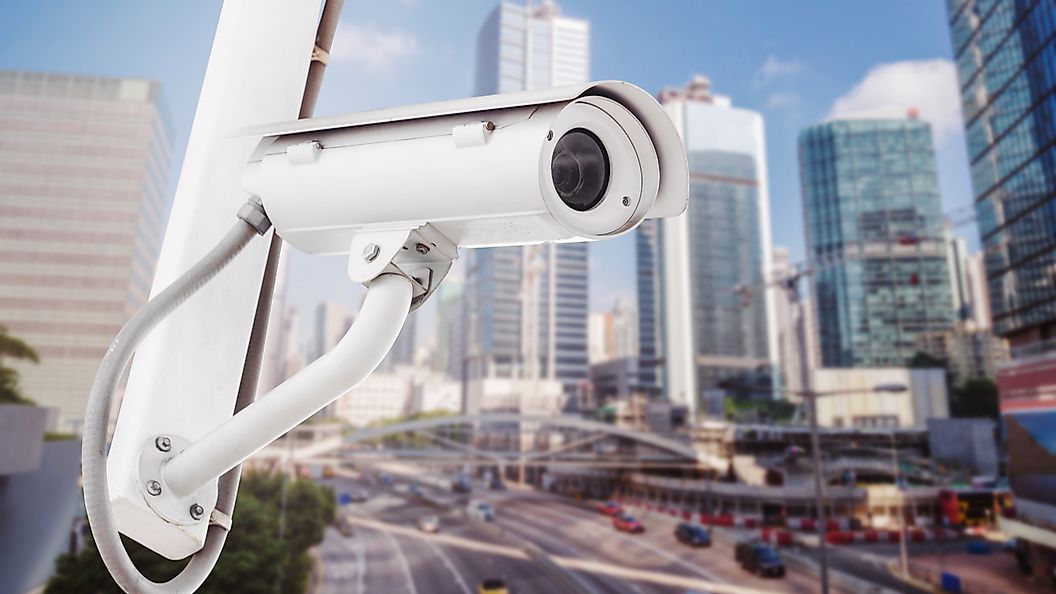In some country like Singapore, London, United States, Hong Kong, China, etc. CCTV systems are almost expected in public spaces. It’s not surprising, considering that they have a lot of benefits, from the heightened sense of security to the added monitoring that it provides. Especially in businesses, a CCTV camera can give you a lot of benefits, as with the current leaps in technology, being able to monitor our spaces has never been easier.
As a responsible business owner, it’s always a good idea to invest in the latest technology for your business. Whether you only reach a small population of Singapore, or encompasses many different countries, taking advantage of technological advances is always a good move. One of the technologies that you can invest in is the CCTV camera. A security camera can easily replace other security methods, such as security guards, all while being more reliable and cheap. But that’s not all the reasons why you should install CCTV; here are six reasons why your business needs a CCTV security system.
1. Prevent crime
One of the benefits that people first think about when considering a CCTV system is its ability to prevent crime. This isn’t unfounded; there have been studies showing that a well-placed security camera, especially when complemented with an ip door access locking solution to secure your Singapore office, can lessen crime by up to 50%. This lowered crime rate can mean hundreds of dollars saved from your business. Biometrics security and CCTV doesn’t just save your inventory but your productivity as well.
Even just the presence of a CCTV camera has been shown to decrease crime. Criminals have been known to avoid places with a security camera, for good reason. Additionally, a CCTV camera allows you an instantaneous view of what is happening in danger-prone areas, such as in the front of the shop. Rather than having a security guard approach the criminal and possibly endangering other people nearby, you can prepare for danger enabling you to reduce the risk of harm and remove danger as fast as possible.
Should a crime occur, a CCTV can still help you catch perpetrators. CCTV footage can be used in helping identify criminals and can be a very reliable piece of evidence should there be a court hearing. You could also use the footage to file insurance claims, should you be met with damaged goods.
2. Monitor employees
While the presence of CCTV cameras can deter criminals from going near the premises, even just their presence can also better the behavior of your employees. Even just a simple office camera can give your employees a sense of security, knowing that they’re in a lower risk of danger from criminals, as well as the fact that there wouldn’t be any illegal behavior among their peers. Even if something does go wrong, such as a missing piece of inventory, you can easily find the perpetrator and reduce the risk of wrong accusations.
3. Encourage order among everyone in the premises
Both customers and employees tend to act more responsibly in the presence of a CCTV camera. There will be fewer chances of customers breaking rules, such as bringing in drinks and food when it’s not allowed, as well as opening sealed packets. This is especially important for businesses with a large floor area, wherein not every inch can be personally monitored by staff. Additionally, you have the added advantages of having your customers trust in your ability to keep them safe while they are in the premises, making them feel more comfortable with their transactions, and encouraging them to do continue doing business with you.
4. Prevent safety incidents
CCTV cameras are a great asset especially for Singapore businesses who manufacture products. For every good business owner, safety should be one of the biggest priorities in danger-prone areas, such as factory floors, or areas that have been known to attract criminal behavior. This can also include other hazardous places such as fire-prone areas like kitchens and archive rooms, or places with a lot of wiring.
Cameras that have been qualified to work in risk-prone environments, like an outdoor camera or a PTZ camera, can greatly reduce the risks that are present in these areas. While these special cameras can be more costly than other models, they have consistently proven to be a good investment. Call for a cctv installation services here in Singapore for professional fitting of CCTV cameras in your premises. CCTV and biometrics technology are great ways to secure your assets, while making sure that your business remains as productive as it can be.
5. Remote viewing
If you use IP CCTV, your feed is immediately stored in a remote location. Because of its more flexible connections, it’s also much easier to remotely view an IP camera feed compared to that of an analog camera set-up. Whether you’re attending an overseas meeting or simply away on a business trip, an IP camera can let you watch over how your business is doing at the push of a button. As a bonus, IP CCTV gives you a feed with higher definition, as an IP camera transmits its feed faster, and even has a lot more features afforded to it than an analog camera.
6. Assist law enforcement
Public law enforcement has been greatly aided by CCTV cameras. While there are cameras that have been installed by public officials, private CCTV systems have still helped the police solve crimes. With the help of a CCTV, you can give the police access to. Your establishment doesn’t even have to have been attacked by the suspects; if they robbed a nearby establishment and were believed to have come past your store, a CCTV camera recording outside footage can be used to determine where the suspects are headed, for example.






